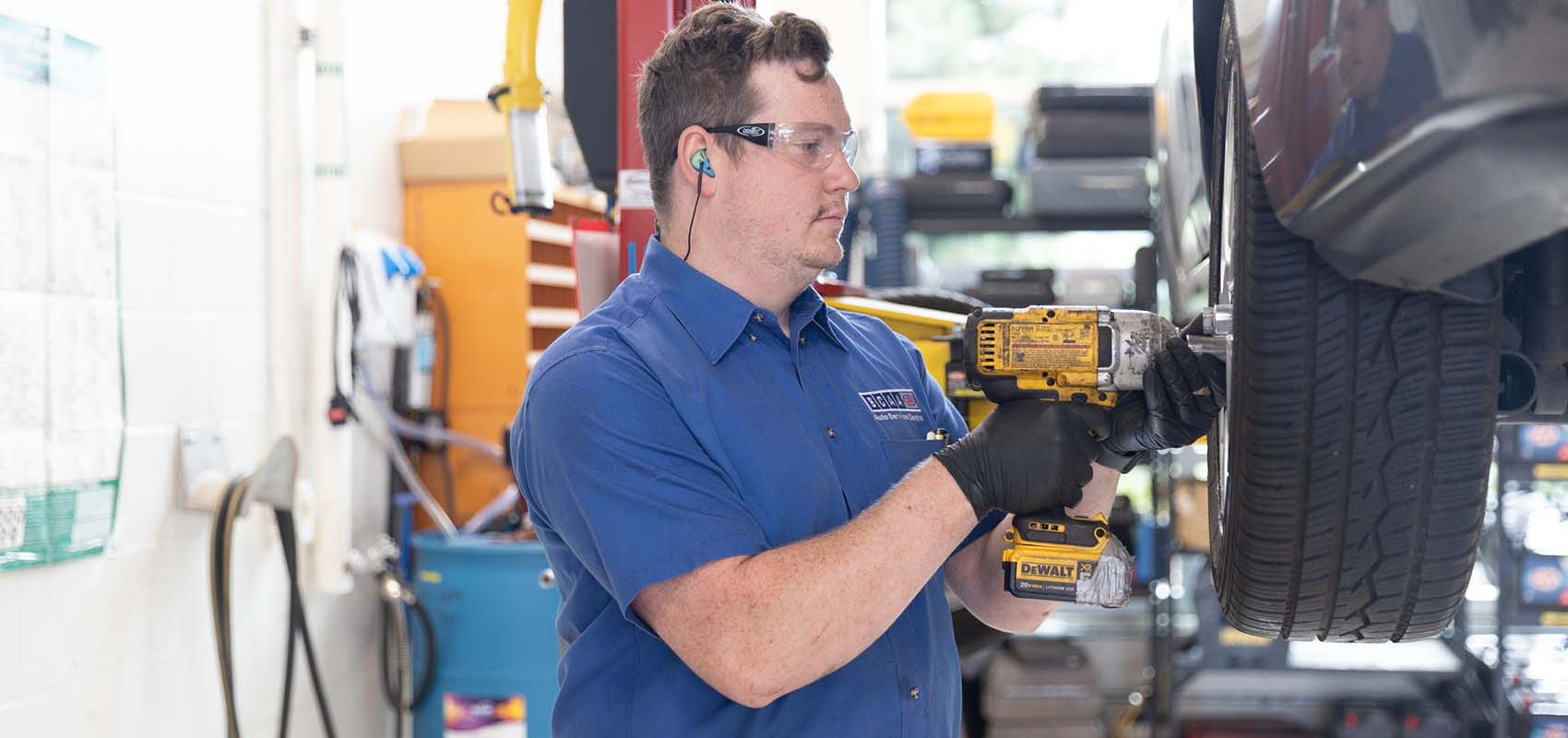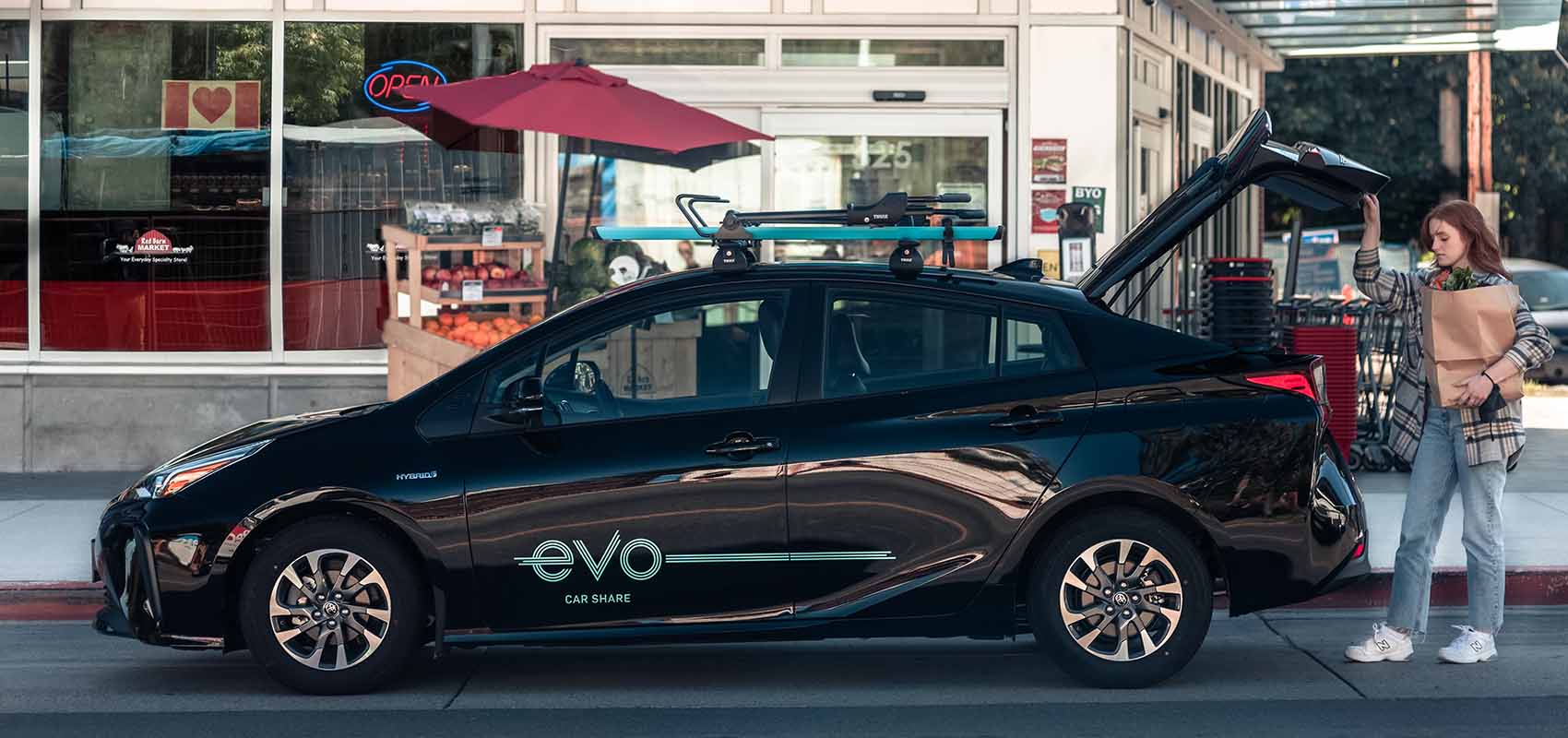Don’t let gas prices shrink your wallet
If you drive a gas-powered vehicle in BC, you know fuel costs can be high. BC is consistently among the top three provinces for highest price per litre – and Vancouver is consistently the most expensive city for gas in the country. For drivers who haven’t gone electric, you may be wondering if there’s anything you can do to save money on fuel. There most certainly is and you can even help cause gas prices to drop.
First, it’s good to keep in mind that gasoline is a commodity, and its price reacts to supply and demand. Typically, demand increases during summer months when people drive more. Yet, competition in local retail markets can actually push gas prices lower.
If your vehicle is running efficiently and you’re driving smart, you’ll consume less fuel, which can influence gas prices and help the environment. Check out 10 fuel-saving tricks that our BCAA Auto Experts want you to know about!
1. Use your BCAA Membership to save on gas
First off, make sure you use your BCAA Membership card to save 3c/L on every fuel-up at Shell*. Just swipe your BCAA Membership card at the pump, scan your card in-store or add it to Shell EasyPay™ in the Shell app to start saving.
Plus, BCAA Members can even save 10% on car washes and convenience store purchases. In a year, you could save $138*, which is enough to pay for your BCAA Membership!
|
Save
3¢/L At the Pump |
Save
10% On In-Store |
Save
10% On Car |
2. Avoid aggressive driving, maintain steady speeds
Punching the gas and driving at high and unsteady speeds uses up more fuel. A European study cited by Natural Resources Canada found that rapid acceleration from stoplights and hard braking reduced travel time by just 4% in city driving – the equivalent of just over a minute every half-hour – but resulted in a 37% jump in fuel consumption and a five-fold increase in emissions. Save fuel by slowing down, driving smoothly at steady speeds within the speed limit and avoiding jack-rabbit starts and hard braking.
3. Don’t rest your left foot on the brake pedal while driving
Even the slightest amount of pressure causes components to engage, which creates a drag. BCAA Auto Service Experts say this causes your vehicle’s brake components to wear down prematurely and the unnecessary dragging eats up a lot more fuel as your car pushes to overcome the resistance.
4. Don’t idle for more than 60 seconds
Sixty seconds is the point when shutting off and re-starting the engine actually consumes less fuel than keeping your vehicle running while in park. The average vehicle with a three-litre engine wastes 300 millilitres (over 1 cup) of fuel for every 10 minutes it idles.
Avoiding idling can also help the environment. According to Natural Resources Canada, if every Canadian reduced their idling time by three minutes a day for a year, it would be comparable to taking 320,000 cars off of the road. While a remote car starter can be convenient, be careful not to start your vehicle before you’re ready to leave to avoid unnecessary idling.
Check to see if your car has stop-start technology, which automatically shuts off the car's engine when the vehicle is stationary and restarts it when you’re ready to move again, reducing fuel consumption and pollution. It can be manually turned off and is sophisticated enough to remain active only when battery levels are sufficient and air-conditioning demands are met. This technology contributes to quieter, more fuel-efficient driving, especially in heavy traffic.

5. Service your car regularly and keep your tires properly inflated
A well-tuned vehicle with properly inflated tires not only improves fuel economy, it reduces emissions, improves drivability and will help extend the life of your vehicle and tires, maintaining its resale value for longer. Follow your vehicle manufacturer’s recommended maintenance schedule and tire pressure level.
Also, go to your local BCAA Auto Service Centre for the trusted technicians to conduct necessary checks and repairs to improve your vehicle's fuel consumption. This includes ensuring moving components are properly lubricated, filters are clean and tires are properly inflated and aligned. For any questions on the performance of your car and tires, visit the Auto Service Technicians at BCAA Auto Service Centres to help ensure you're maximizing your fuel efficiency. Plus, BCAA Members save 10% on select repairs and services at the BCAA Auto Service Centres in Kelowna, Nanaimo, Victoria and South Surrey.
6. Reduce your driving distance by planning your trips
Consolidate errands into one trip or combine them with your daily commute. Avoid high-traffic areas and rush hours to prevent sitting in traffic idling.

7. Lighten the weight and make your car more aerodynamic
Clean out the trunk, cargo areas and passenger compartments. Carrying excess weight wastes gas. If you do have to carry items in your vehicle, pay attention to how they’re stored and distribute the weight evenly. Remove the roof rack when it is not in use to reduce wind resistance.
8. Be smart about finding cheap gas
Keep your eyes open for low fuel prices but don’t waste gas driving to a distant fuelling station to save a few cents. Instead, look for cheaper gas along your route. You can also download the BCAA App where you'll find current information on gas prices in addition to helpful tips and exclusive Member savings.
9. Use the appropriate fuel for your vehicle
Check your owner’s manual for the recommended octane rating for your car. Using regular fuel when premium is required can affect your car’s performance and fuel economy.
10. Use your vehicle’s fuel-efficient driving mode
If your vehicle is equipped with driving mode selections and a computer read-out to display fuel consumption results, learn how these features work and try different modes. You’ll see savings by selecting a driving mode that is designed to save fuel and you probably won’t even notice a difference in your vehicle’s performance.

Other ways to save
- Instead of driving to get around town, walk or hop on your bike to run your errands. The bonus? It doubles as exercise too!
- If you change your main mode of transportation to cycling or public transit, Evo Car Share is a great option for times you need to drive. Evo's rate covers the gas, insurance, parking (Evo can park in meter spots for free!) and unlimited kilometres. BCAA Members get free Evo Membership, 60 free minutes and save 10% on driving rates.
- Only use as much vehicle as you need. If you’re a two-vehicle family, and one is a larger car (like an SUV), and the other a four-cylinder compact, use the more fuel-efficient vehicle whenever possible.
- Consider an electric vehicle for your next purchase. There are more models at different price points available compared to past years and battery-powered cars have evolved to run for longer distances on a charge. BC Hydro has compiled a list of EV models available in BC that includes their minimum and maximum range and BCAA has a range of EV resources to explore.
- Look for insurance discounts. If you drive a fuel-efficient vehicle, check with your insurance advisor to see if you’re eligible for vehicle insurance discounts. With BCAA, you get access to unique coverage benefits and a wide variety of savings, such as: an eco-friendly vehicle discount of 5%, along with one accident forgiveness and free pet coverage up to $1,000. Plus, BCAA Members save up to 20% on BCAA Optional Insurance.
Not a BCAA Member? Join today.
*Conditions Apply. See Terms & Conditions for details.







